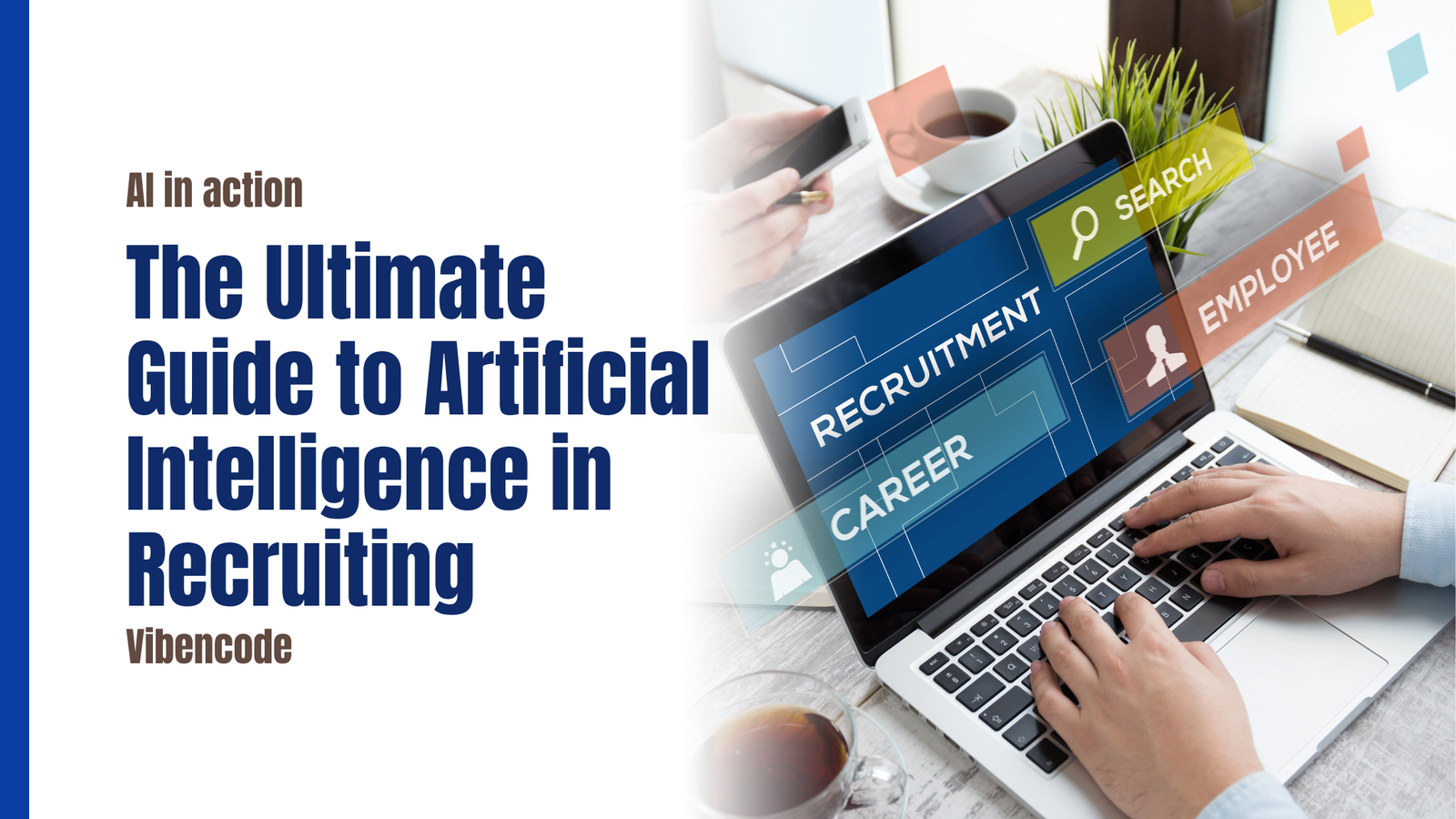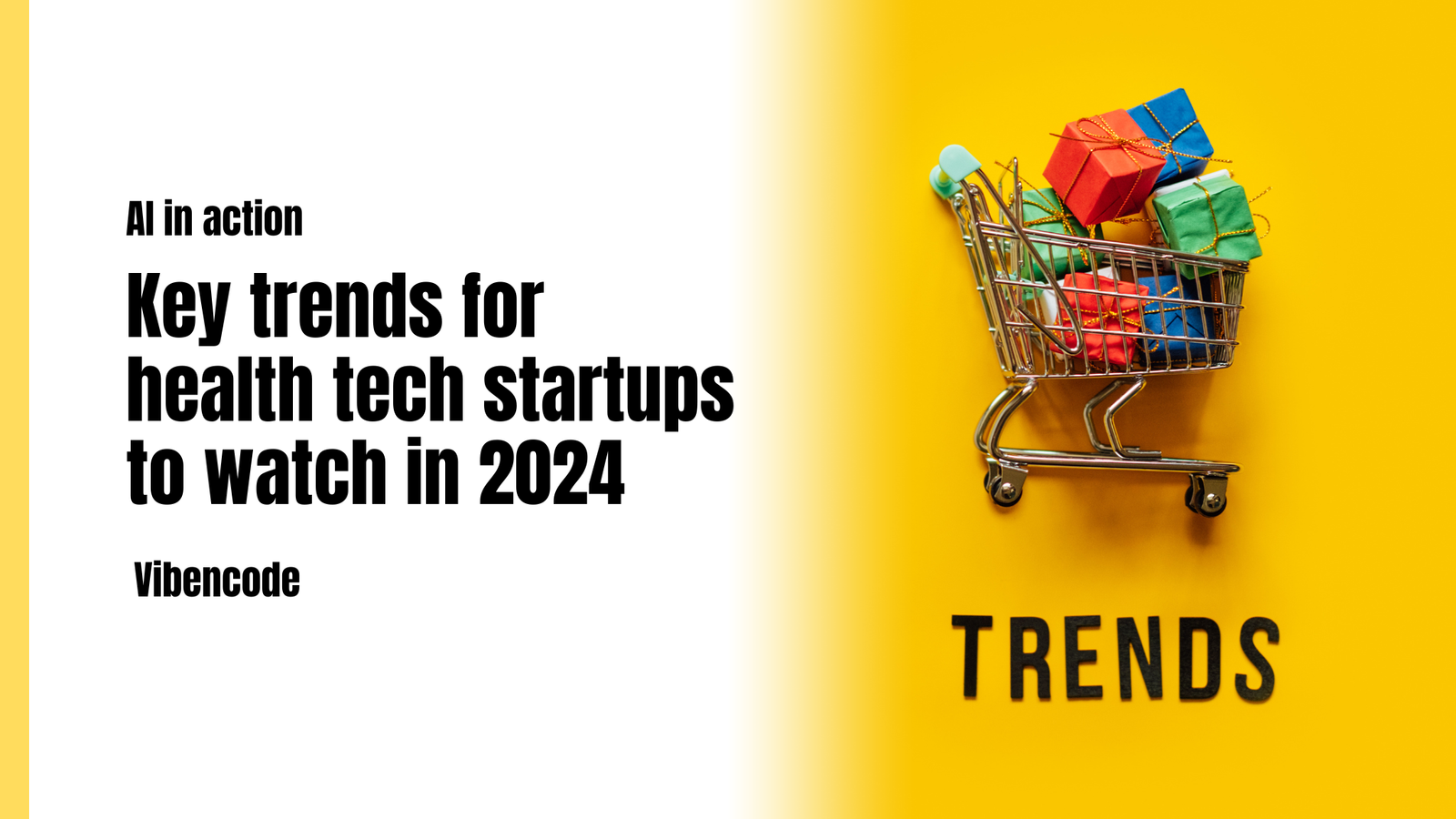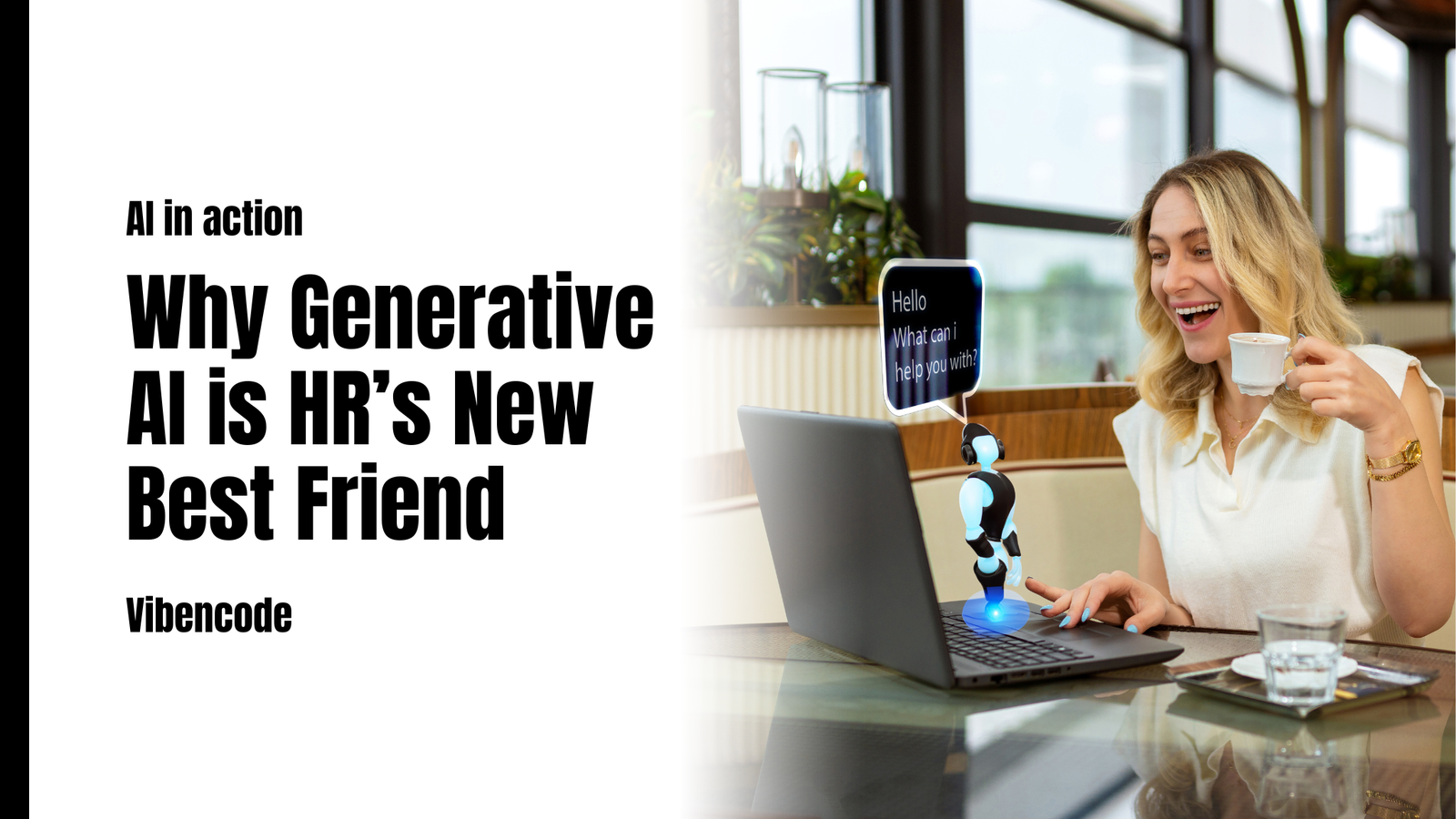In an age where technology influences every aspect of business, Generative AI in HR emerges as a potent tool for achieving success. Well, Small businesses now must utilize Generative AI in their HR processes.
This article shows its vital role in HR. It can boost productivity, spark innovation, and personalize employee experiences.
Transforming Talent Acquisition
Generative AI can greatly improve HR’s talent acquisition. Finding the right candidate from a sea of applications is tough.
It often leads to drop-offs and long vacancies. Generative AI can streamline the hiring process. It can automate everything from job posts to shortlisting candidates. This will cut hiring times and improve the candidate experience.
Automated Job Advertising
Generative AI can create job descriptions and ads. They will be compelling and targeted. Using NLP algorithms, AI systems can generate job posts optimized for search engines. They can also tailor them to attract specific talent pools.
This significantly improves the quality and relevance of job candidates. Moreover, AI can analyze different job ads’ performance and suggest real-time modifications. This ensures HR teams are always optimizing their outreach strategies.
Enhanced Candidate Screening
Traditional resume-sifting methods are slow and often flawed. They can lead to bias and missed talent. Generative AI can quickly scan and analyze resumes. It identifies key skills and experiences that match the job. It then shortlists the best candidates based on data. This lets HR managers focus on interviews and engagement.
AI can also rank candidates by cultural fit and potential, improving hire quality. VIBENCODE’s generative AI solutions are designed to help. They offer custom algorithms for each organization’s unique hiring needs.
Revolutionizing Employee Onboarding
Generative AI can help with onboarding. It’s a key process that sets the tone for new employees. Using it in HR onboarding reduces manual work. It improves the new hire’s experience and boosts retention and morale. Banana
Personalized Onboarding Experiences
Generative AI can create tailored onboarding plans for new hires. It can craft personalized welcome messages and training schedules. AI can create an onboarding process. It must be smooth, engaging, and fit the company culture. It can also adjust the experience based on new hires’ feedback. This enables ongoing improvements and personalized learning paths.
Virtual Assistants
AI-driven chatbots and virtual assistants can answer new hires’ questions in real-time. This reduces the burden on HR. These AI tools are available 24/7. So, new employees can get help whenever they need it. This improves their experience and reduces onboarding time. Also, these virtual assistants can host interactive training sessions. They can provide resources on company policies and procedures.
Enhancing Employee Engagement and Retention
For HR firms and consulting companies, high employee engagement and retention are vital. Generative AI in HR excels here. It gives HR pros tools to boost employee satisfaction and productivity.

AI-Powered Employee Surveys
Generative AI can create dynamic surveys that adapt to employee responses. They will better reflect employee sentiment. The AI can analyze the data in real time and provide insights to HR managers.
This enables timely and effective interventions. By using sentiment analysis, HR can understand what affects employee morale. They can then make data-driven decisions to improve workplace culture.
Personalized Career Development Plans
Generative AI can help design personalized career plans for employees. It can analyze their skills, interests, and career goals. Then, it can recommend learning programs to boost job satisfaction and retention. It can also suggest mentorships and networking events. This will empower employees to take charge of their growth.
Streamlining Performance Management
Performance management is another key area for Generative AI in HR. Traditional performance reviews are often biased and inconsistent. This frustrates employees. Generative AI offers a more objective, streamlined, and fair approach. It makes the process more transparent.
Continuous Performance Monitoring
Generative AI can monitor employee performance by analyzing various metrics. This allows for real-time feedback instead of waiting for annual reviews. It helps recognize achievements and address issues quickly. It also enables HR to find high-potential employees and support their growth.
Reducing Bias
Generative AI minimizes human biases in performance reviews by analyzing data objectively. This ensures a fair evaluation for all employees. It fosters a culture of meritocracy and fairness. Regular audits of AI algorithms can ensure consistent evaluations. They should be based on relevant performance metrics.
Facilitating Workplace Analytics
Workplace analytics is key for smart workforce management. Generative AI can analyze huge data sets to provide insights. It helps organizations adapt to changing workforces and markets.
Predictive Analytics
Generative AI can analyze data to spot trends in the workforce. It can also find potential issues. For instance, it can predict employee turnover. This lets HR managers act to retain key talent. By modeling different scenarios, HR can prepare for shifts in workforce needs. They can also make data-driven decisions on hiring and training.
Optimizing Workforce Planning
Generative AI can optimize workforce planning. It can analyze current capabilities and future needs. This ensures the right people with the right skills at the right time. By anticipating skills gaps, HR can recruit and train to meet emerging needs. This helps maintain a competitive edge.
Ensuring Compliance and Reducing HR Risks
HR compliance is complex and critical. It has major legal risks. Generative AI in HR can help. It can ensure compliance and reduce risks. This lets HR focus on strategic initiatives, not regulations.
Automated Compliance Monitoring
Generative AI can monitor HR processes for compliance with labor laws. This reduces the risk of legal issues. Additionally, AI can generate compliance reports and alerts. These keep HR teams informed of any changes in legislation that may affect their work.
Risk Management
Generative AI can analyze data to find HR risks, like harassment or discrimination. It can suggest ways to reduce these risks. This lets HR take steps to create a safer, more inclusive workplace. By using data, organizations can assess their diversity and inclusion efforts. They can ensure all employees feel valued and supported.
Redefining Employee Experience
Generative AI in HR aims to redefine the employee experience. It automates routine tasks, personalizes interactions, and provides real-time insights. This lets HR focus on strategies to boost employee satisfaction and effectiveness.
Employee Self-Service Portals
Generative AI can power employee self-service portals. They are a one-stop solution for employees. They can access info, update personal details, and request time off. This empowers employees to manage their HR tasks, reducing the burden on HR. The portals can also recommend benefits, training, and resources based on individual profiles.
Real-Time Feedback and Support
Generative AI can improve workplace responsiveness. AI chatbots can give instant feedback on performance and HR queries. This access to information helps employees feel valued and connected, boosting job satisfaction.
Preparing for the Future of HR
Small HR firms and consulting companies must embrace Generative AI. It’s not just about keeping up with tech trends. It’s about preparing for the future of HR. The edge is in using Generative AI. It can create better, more efficient HR processes. They must adapt to changing workforce expectations.
Continuous Learning and Adaptation
The future of HR lies in continuous learning and adaptation. HR professionals must keep up with the latest AI technology. They should find ways to use these advances in their HR practices. Investing in AI training for HR teams is essential. It will maximize the potential of Generative AI in HR. Continuous learning will help HR teams choose and use AI tools.
Collaboration with AI experts
Collaborating with AI experts can accelerate the adoption of generative AI in HR. AI experts can share best practices for using AI. Their insights will help HR departments maximize this technology. VIBENCODE, with its cutting-edge generative AI services, offers collaboration. It will help HR teams integrate AI into their workflows.
Ethical Considerations and Challenges
Generative AI has many benefits in HR. But we must consider its ethical challenges. We must balance innovation with ethics to maintain trust in the organization.
Data Privacy and Security
The use of AI in HR involves processing vast amounts of personal data. Data privacy and security are vital. HR must protect employee data. They must comply with data privacy laws. This includes encrypting sensitive data, auditing security, and training staff on data handling.
Algorithmic Bias
Although Generative AI can reduce human bias, it is not immune to biases itself. AI systems can unintentionally perpetuate biases if not designed and monitored. HR must regularly audit AI algorithms for bias and fix any issues. This ensures fairness. Using diverse training datasets and involving stakeholders in AI development can help. It may reduce risks.
Conclusion: Embracing Generative AI for a Transformative Future in HR
In conclusion, using Generative AI in HR is not just a trend. It can greatly improve HR practices. Companies like VIBENCODE offer generative AI services for HR professionals.
These solutions can help HR teams create a more engaging, inclusive workplace. In the future, organizations using Generative AI in HR will adapt to a changing workforce. This will boost employee satisfaction and business success.





